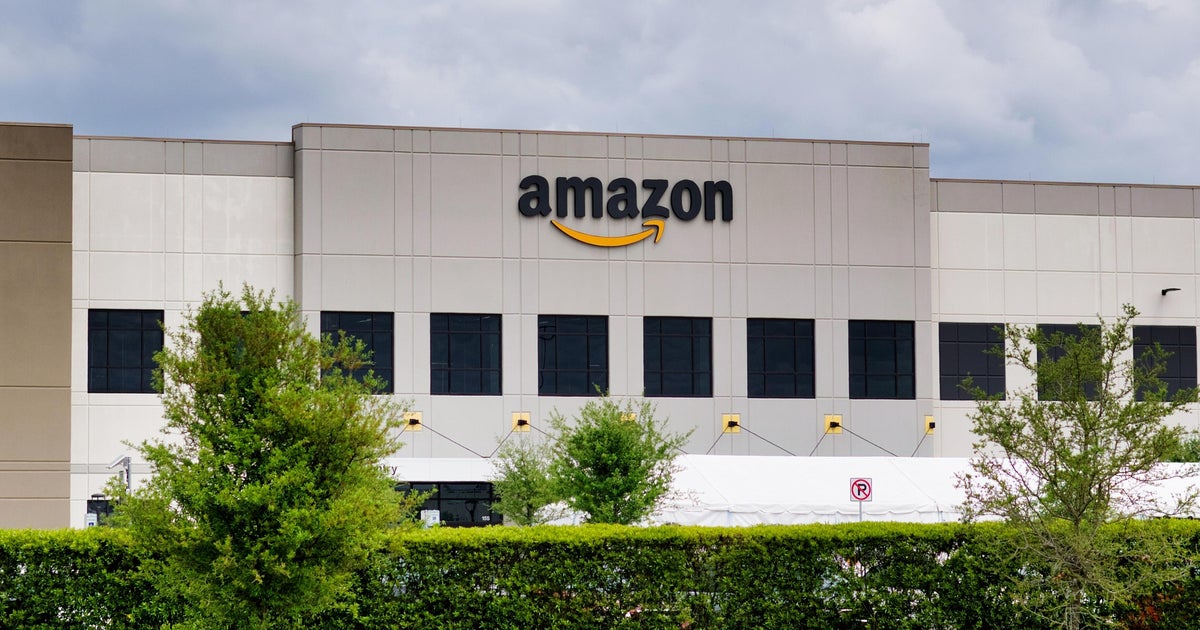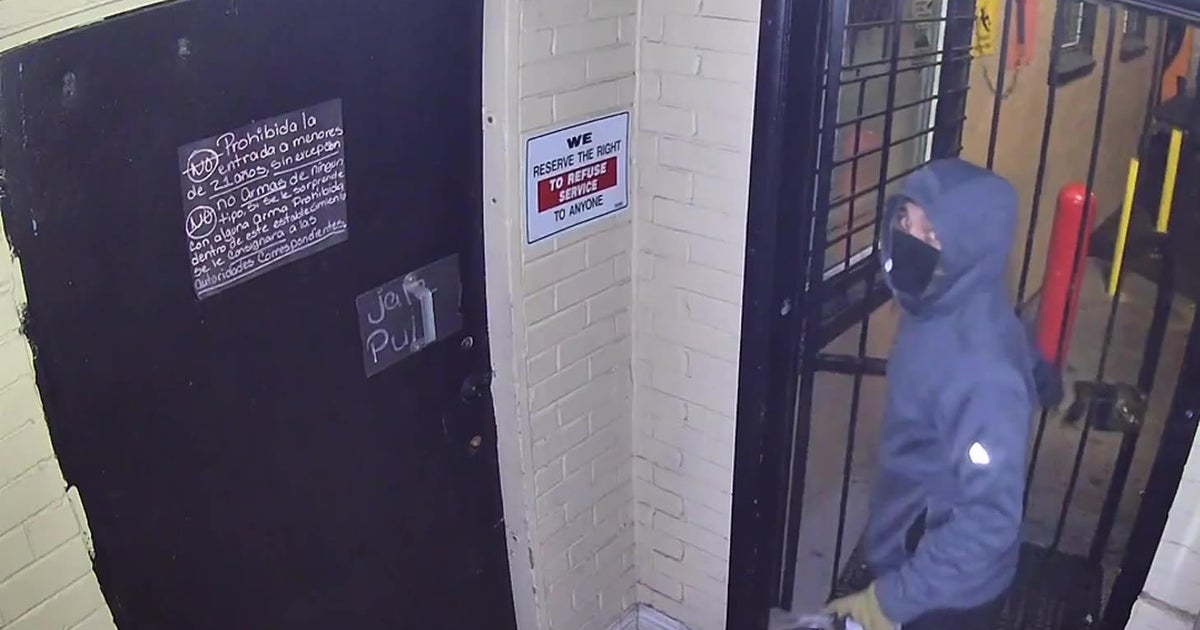Who's responsible for Amazon sellers' sales taxes?
Amazon (AMZN) and some of the 800,000 or so independent sellers that generate roughly half of the e-commerce giant $136 billion in annual revenue have vastly different views regarding the collection of sales taxes.
The company has long argued that the sellers are responsible for collecting sales tax in the 46 states that levy it. But some sellers reject that argument and accuse the Seattle-based company of shirking its legal obligations to remit the levies. The issue has come to a head in recent months as states began stepping up their efforts to collect sales tax from web-based retailers.
A group of tax officials called the Multi-State Tax Commission (MTC) recently offered an amnesty for Amazon sellers that would, for the most part, wipe away back taxes and penalties from sellers that came clean. The deadline for the program, which has already been extended once because many sellers weren't aware of it, is Wednesday.
Attorney Paul Rafelson, who represents sellers, said many of his clients felt pressured into signing up for the program, which was unveiled two months ago. Officials at the MTC didn't respond to a request for comment.
"That is intentionally not enough time for them to even get their information together, let alone meaningful legal advice. So some feel like they have no choice to comply," he wrote in an email. "I have sellers who tell me all the time they think the states are tyrants, especially since the states are blatantly overlooking the obvious fact that this was always Amazon's burden."
Sellers see themselves as merely suppliers to Amazon, which takes on the role of the retailer because the sellers use the e-commerce giant's Fulfillment By Amazon (FBA) service to store their inventory and ship it to their customers. Earlier this month, a judge in Massachusetts ordered Amazon to identify all the third-party sellers who "stored any tangible personal property in any location in Massachusetts that is, or was, owned or leased by Amazon Retail LLC or any other affiliated entity" since 2012.
A complaint filed in June in South Carolina argued that Amazon owes the state $12.5 million in taxes, penalties and interest from businesses it transacted in the first quarter of 2016 through FBA.
"Regardless of what Amazon wants to say to protect their bottom line, they are the retailer, they own the customer," said one Amazon seller who isn't taking part in the amnesty program and wished to remain anonymous. "Amazon handles the money transaction, the customer service and ships the inventory. Amazon is happy to pin this on the little guy. They would love nothing more."
Earlier this year, Minnesota became the first state to require that all companies that operate marketplaces, including Amazon's rival eBay (EBAY) and crafts marketplace Etsy (ETSY), collect sales tax starting in 2019. Washington state enacted a similar ordinance effective January 2018. Officials from eBay and Etsy didn't respond to requests to comment for this story.
For years, Amazon argued that it didn't need to collect sales taxes because a 25-year-old Supreme Court case known as the Quill Decision found states could collect the levy only from companies with a minimal level of physical presence or nexus in their jurisdiction. Brick-and-motor retailers and politicians argued that Amazon enjoyed an unfair advantage by not collecting sales taxes. A spokeswoman for Amazon, which supports establishing national sales tax policies, declined to comment for this story.
"We think that that taxes should be transparent and easy to comply with, and in that regard, sales taxes fail that test," said John Buehl, a spokesman for the conservative Tax Foundation. "While we understand the revenue that states like Minnesota want to get, they are not addressing how to make good tax policy. They are just addressing how to collect as much as revenue as possible."
Further complicating the Amazon sales tax debate are the efforts of states to land the company's second headquarters, expected to generate as many as 50,000 jobs.



